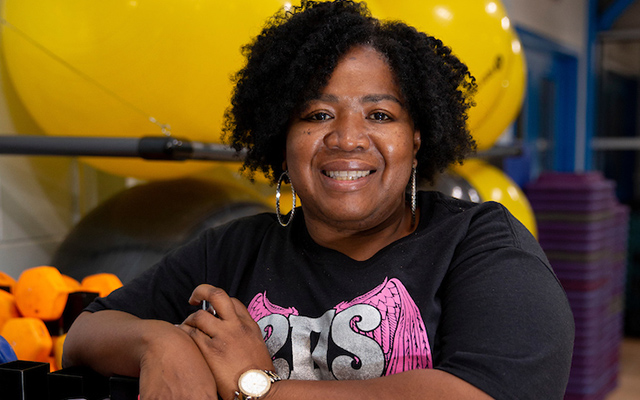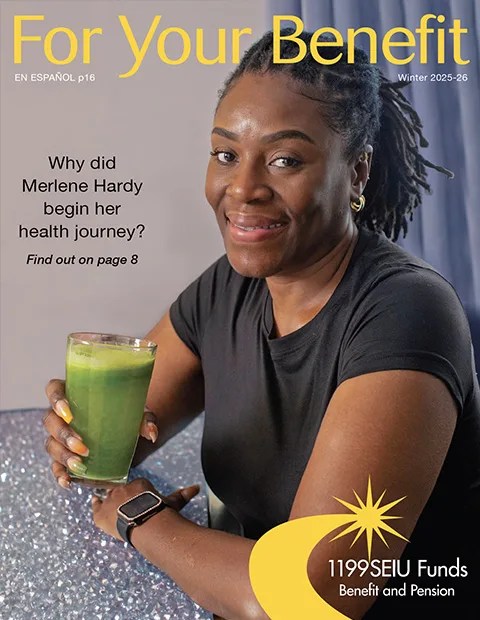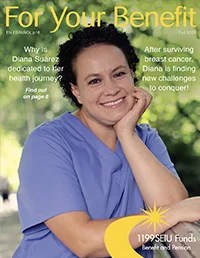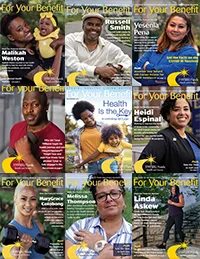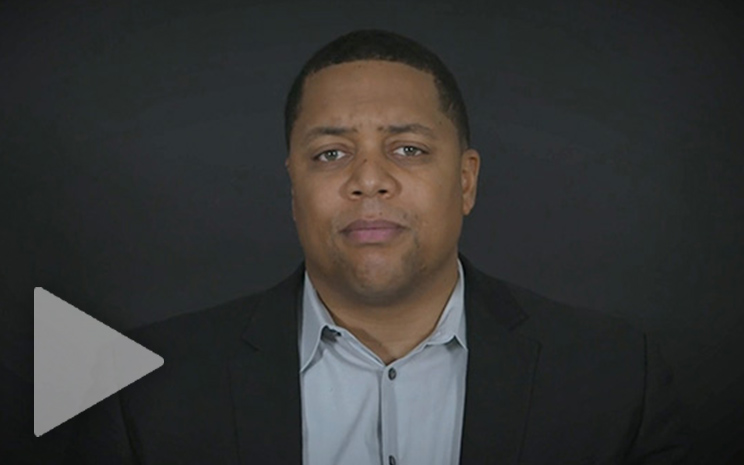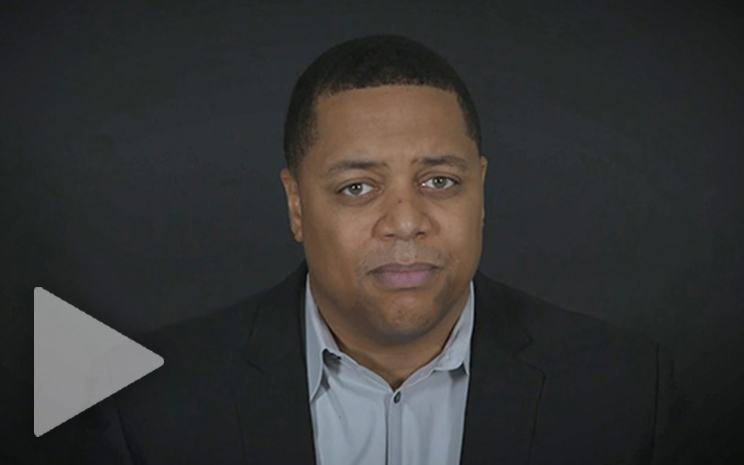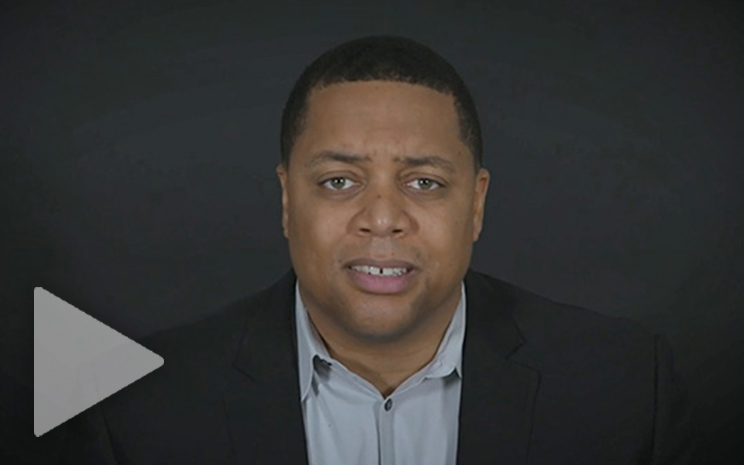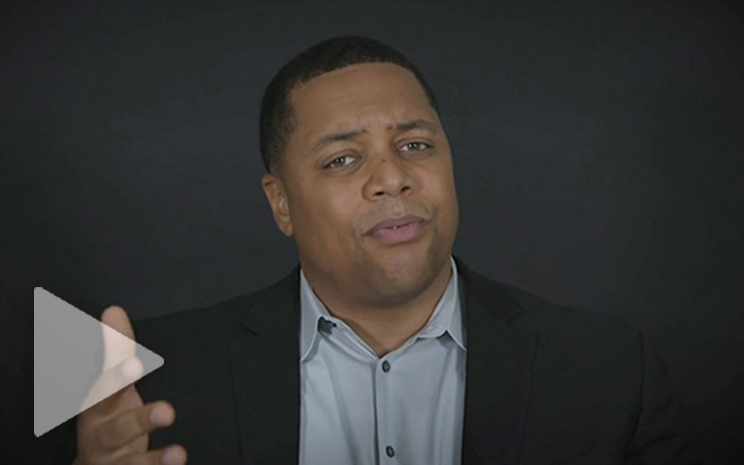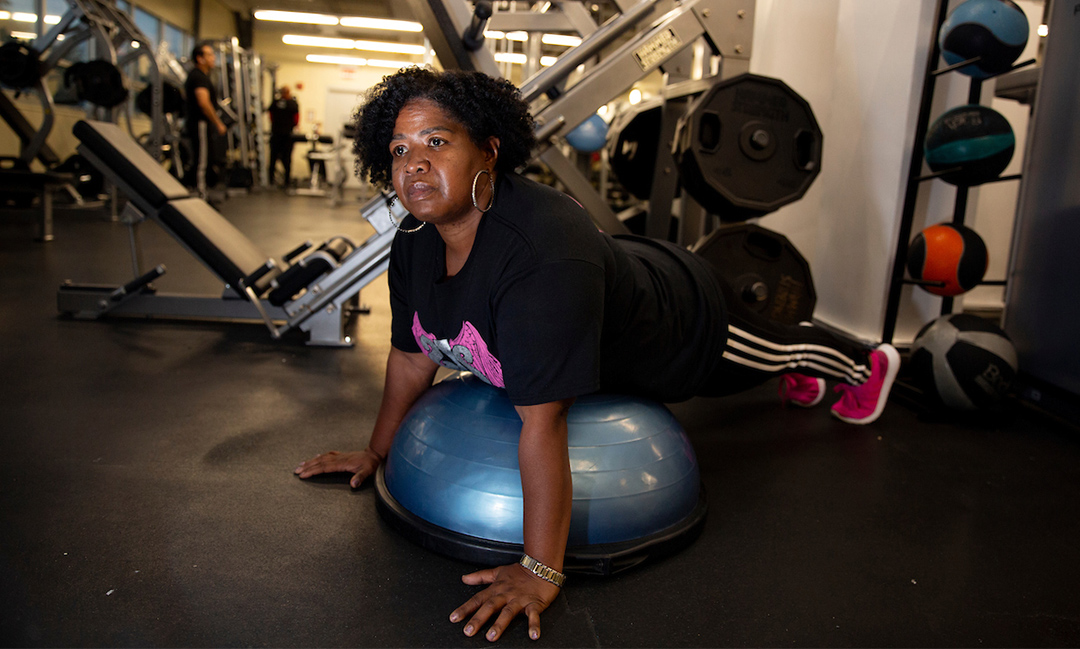
Shernel Phillips-Williams
Thanks to all of her 1199SEIU benefits, Shernel Phillips-Williams has improved her health, secured quality child care for her daughter and bought her first home with her husband. worrying about finances.
Two years ago, Shernel Phillips-Williams did something she never thought she could do: She kicked her decades-long smoking habit. Shernel, a Medical Case Manager at Cerebral Palsy Associations of New York State, knew it would be tough, but the weight gain that followed was tougher. “That was the hardest part for me,” she said, “because I was eating more to keep busy during the times I used to smoke.”
Shernel’s doctor told her that the extra weight put her at risk for heart disease and diabetes, but losing it was a challenge. It wasn’t until she attended a Benefit Fund health fair at her worksite a few months later that she found the answer. “I learned that, as an 1199SEIU member, I could join the YMCA at a discounted price,” Shernel said. She quickly signed up for the Y in her neighborhood, an easy walk from both home and work. After a year of regularly attending classes—her favorites include kickboxing and High-intensity Interval Training (HIIT)—Shernel lost 20 pounds. She also changed her diet, cutting out junk foods and sugary drinks and replacing them with lots of vegetables, lean proteins and water. “I don’t feel as lethargic anymore during the day,” Shernel said. “I know that when the day is over, I’ll get to go to the gym and follow that with a healthy dinner at home.”
I always try to get the word out to my fellow members about the amazing benefits we have as 1199SEIU members. Our benefits are here to be utilized, and they go far beyond just doctor visits. They can help you and your family advance in every area of life.
Medical Case Manager
Cerebral Palsy Associations of New York State
With her health steadily improving, Shernel is also grateful for the other 1199SEIU benefits that have helped her whole family. Shernel’s 23-year-old daughter, Breann, now regularly goes with her to the Y—the same Y where, as a child, Breann attended summer camp through the 1199SEIU/Employer Child Care Fund. She also received a scholarship through the Joseph Tauber Scholarship Program. And two years ago, with help from the 1199SEIU Financial Wellness and Home Mortgage Program, Shernel and her husband, Andre, were able to purchase their first home.
“I always try to get the word out to my fellow members about the amazing benefits we have as 1199SEIU members,” Shernel said. “Our benefits are here to be utilized, and they go far beyond just doctor visits. They can help you and your family advance in every area of life.”
